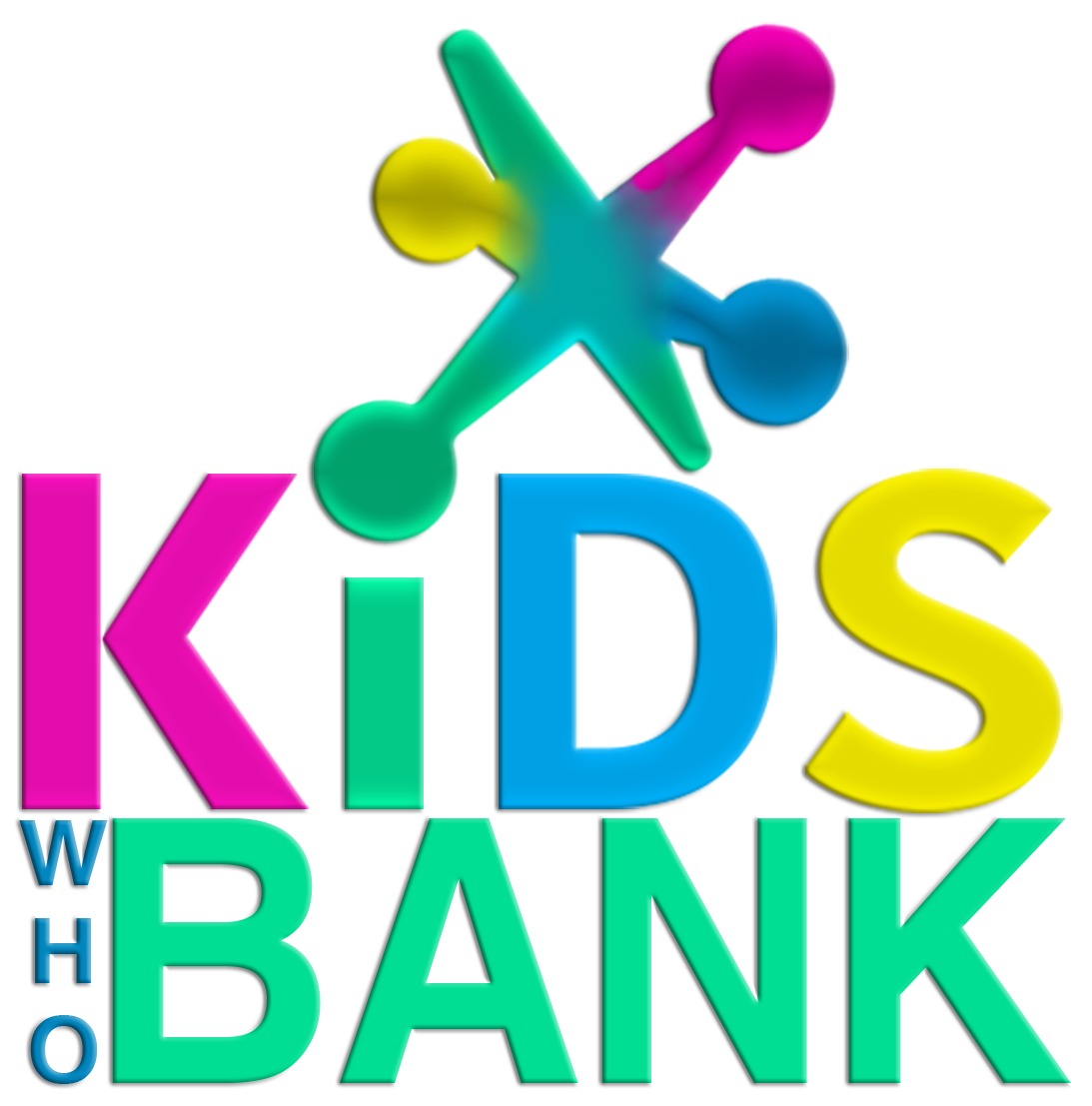
A BASE IN MONEY FOR TODDLERS
The minute your toddler can say the words “can you buy me ice cream?” it is time that they start to learn about money.
You might be wondering what can you do to teach a toddler about the value of all that surround them but let’s not forget that at this phase in their lives they are sponges soaking everything up including what they should do with money and how they should manage it.
WANTS VS NEEDS
very important concept for your child to understand. Until you teach your kid otherwise they think all of their wants or needs should be or can be theirs. How do you train a toddler to understand this you wonder. Start by asking them questions like: do you need to drink some water ? or do you want to eat some ice cream?
That gets the ball rolling.
BUYING POWER
The next time you go to the store with your kid give them $5 and ask them how many of the items they want or need can be purchased with that money. As well explain to them that once the money is gone that is all you will be giving them for the week so they must choose wisely. It is important that you do not go back on your word. At the end of the week if they still have that money give them a prize as an incentive to save.
STAR CHART
Get a board and a bunch of stickers. Every time your child does something like put their toys away or uses proper mannerisms (thank you, please, you’re welcome ) you would give them a star. At the end of each week you would give them the option of trading in the stars for a small prize or keeping them to earn a bigger prize further down the line with some additional dedication and focus
DEPRECIATION
Example of a lesson: Imagine your kid begs for a drum set. Instead of just buying it for them you should negotiate with them for a portion of their saved allowance to be added towards the purchase.
If the child decides to no longer want to play with their drum, after about 5 months of inactivity this is a perfect time to suggest them to sell it. You can suggest for them to list it online, in a local newspaper, have a garage sale or even try to sell it back to the store where it was purchased etc…
Two things will chances are occur:
First the child will learn that the drum no longer costs as much and second they will find it hard to find a person who wants to pay the original purchase price or even close to it.
Depreciation to me is a good motivator for your child to think twice about giving up on playing the drums. Especially when they realize it would mean they wasted a portion of their allowance.
ROGUE THOUGHT:
I believe it is easy for a person to waste money when it is not coming directly from their own pockets. That thought includes kids. Perfect time for your grade schooler or H. S. teen to receive a money chart to help them budget HINT HINT
BARTER SYSTEM
The barter system is a great way to exchange items you own for ones that you prefer and helps kids to not only think outside of the box about what they possess that can be of resale/trade value but builds entrepreneurship such as creating a niche or product that can be bartered.
Ironically as I started to write this I had someone voice the opinion that I was basically rewarding children for doing things they should do anyways and that they will have the unrealistic expectation that as adults they will be rewarded for every day things. That conversation was followed with one from a person who’s opinion I respect and they said something prolific.
Don’t we get punished if we do something bad? So why shouldn’t we reward ook for doing the right thing
NEEDLESS TO SAY WE WILL NOT ALL SEE EYE TO EYE. THIS IS JUST AN OPTION.
SIDEBAR: CAN YOU IMAGINE IF WE ALL CONTINUOUSLY ONLY RECEIVED LOVE, SUPPORT AND UPLIFTMENT FOR BEING GOOD CITIZENS WHAT WE COULD ACCOMPLISH OR THE POSITIVITY IT WOULD BRING.
- Posted In:
- Corporate
- Design
- Html
- Photography
- Unique





Leave a Reply